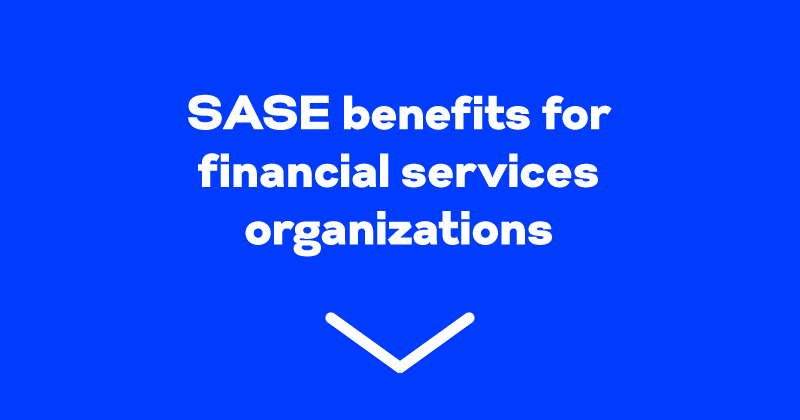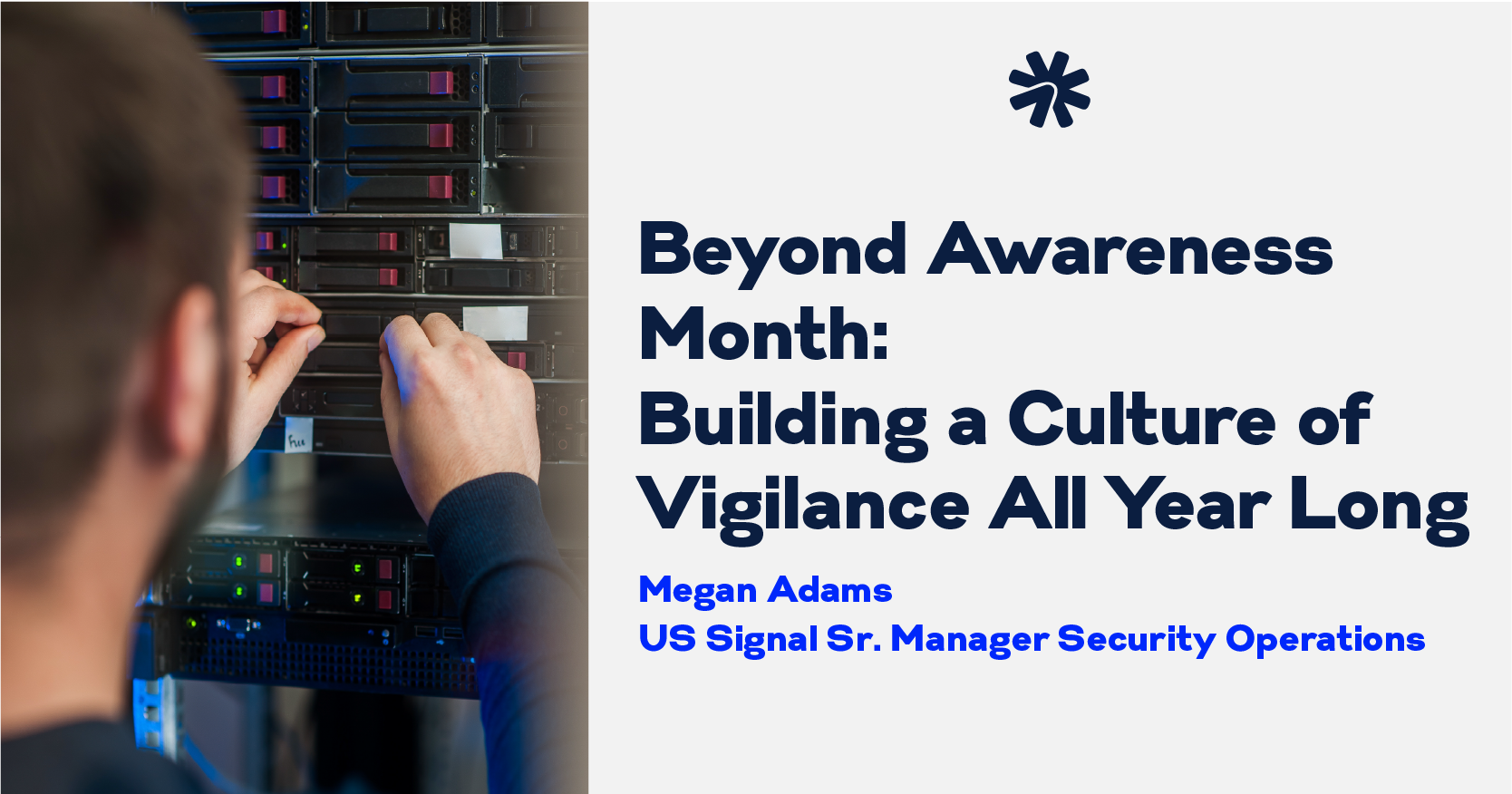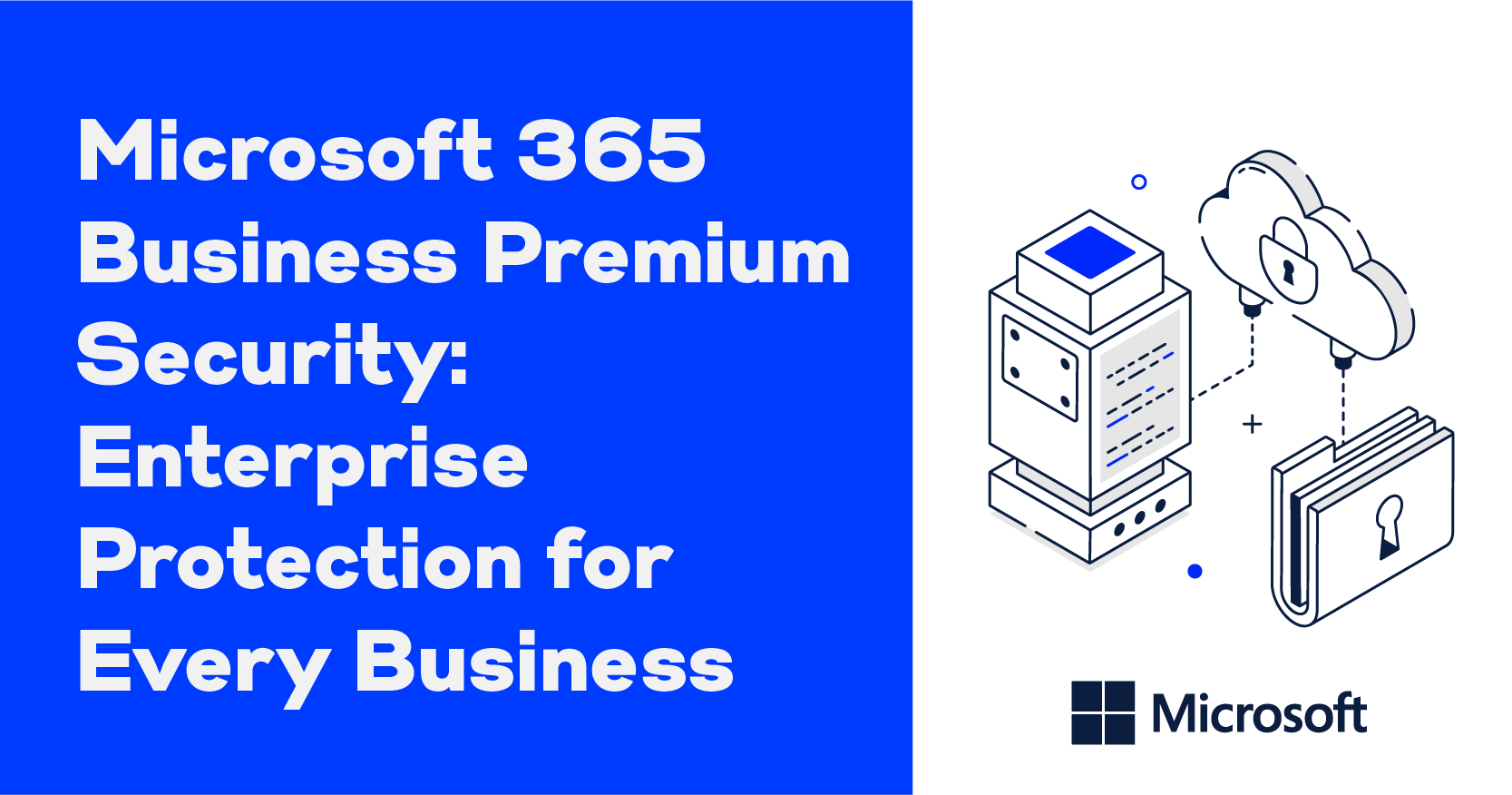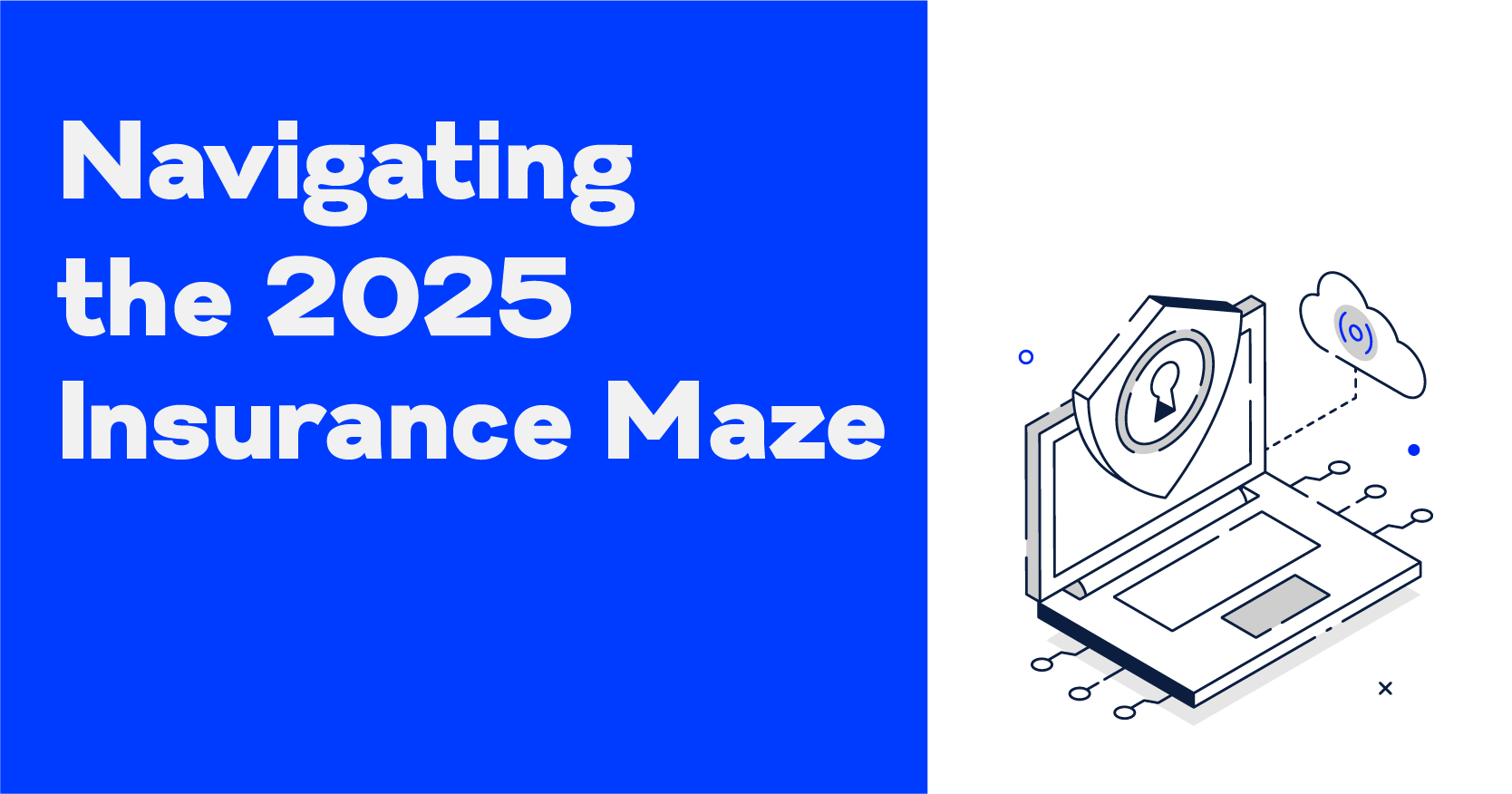SASE Benefits for Financial Services Organizations

Digital transformation is no longer a “we’ll get to it eventually” kind of thing. It’s a do-it-now requirement for companies in order to survive and thrive in today’s technology-powered world. That includes organizations that fall under the umbrella of financial services, such as banks and credit unions.
One service that can help these organizations succeed in their transformation — and ensure better security along the way — is Secure Access Service Edge or SASE. SASE is a converged networking and security service that provides a cloud-native approach to securing branch offices, users, and applications — all of which are key components of financial services organizations.
To understand SASE benefits for the financial services industry, it’s important to first understand what’s going on with banks, credit unions and other financial services companies.
Transformation Happens
While other industries are lagging in terms of digital transformation, change is well underway in the financial sector. What were previously paper-based processes are now managed digitally. Both financial services employees and customers are more likely to use laptops and mobile phones rather than brick and mortar locations to conduct financial business. In fact, a Forbes article on banking statistics noted that 78% of Americans prefer to bank via mobile app or website.
None of this is surprising. After all, financial services organizations have historically been early adopters of advanced technology. Even technologies like artificial intelligence and machine learning are nothing new in the financial sector. They’ve been in use for more than a decade, spurring enhancements ranging from better underwriting to fraud prevention.
With the continued adoption of new technologies, however, are changing expectations among users — specifically, customers and employees. Traditional networking solutions, like MPLS, aren’t sufficient to deliver what’s needed to support many of the technological needs in the financial services space.
Performance, Security and Compliance
Fast, reliable application performance is a given for customers accustomed to performing so many of their daily activities online from anywhere and everywhere. When those activities involve finances, the need for high-level security increases too.
While customers probably won’t switch banks or credit unions after one slow or failed transaction, they are likely to call in to customer service or go on social media to share a bad experience. If the experience is bad enough — like a data breach or business-disrupting outage, then they may be more likely to jump ship.
None of this is good for financial services organizations. According to some estimates, it can cost banks anywhere from $5 to $15 per minute to maintain a call center. An overflow of calls from unhappy customers can force those figures up. And any kind of social media backlash can have significant short- and long-term repercussions.
There’s also the fact that more bank, credit union and other financial services employees than ever are working from home. This makes both secure, fast remote access and dependable application performance essential for productivity. Most of these organizations also have multiple branch offices, so the same security and reliability requirements are also critical for overall company communications and operations.
Add in the matter of compliance. The financial services industry is heavily regulated. The adoption of advanced technologies can often make complying with various regulations time consuming and difficult.
How SASE Helps
While the benefits SASE delivers aren’t restricted to financial services companies, they do address many of the specific needs these companies have — including for stellar application performance, security and compliance. Its many benefits include:
- Cloud-native nature. SASE leverages key cloud capabilities, such as elasticity and scalability. This enables it to create a platform that instantly adapts to emerging business needs in the financial sector, whether that entails quickly connecting a remote workforce or provisioning new resources for multiple locations.
- Simple management. Management is simplified via a single-pane-of-glass that provides control across an entire financial services organization. SASE also simplifies the deployment of new resources. All that’s needed is to deploy an edge client and connect it to the SASE platform. There’s no need to maintain on-premise infrastructure.
- Reduced maintenance responsibilities . SASE takes away many routine maintenance tasks like patching and hardware replacements. That means IT can instead focus on new business challenges and revenue-generating initiatives.
- Self-healing platform. A SASE platform can recover from failures at all levels of its architecture, ensuring an always-on service for maximum uptime.
- Single-pass processing. SASE uses a single-pass engine to process each packet for multiple networking and security objectives in parallel. This delivers maximum flexibility with minimal latency and resource requirements.
- Full visibility. SASE provides IT with complete visibility into the network as all WAN and Internet traffic passes through the SASE Cloud. There are no blind spots. IT can easily maintain control of the entire network.
- Improved, consistent security. SASE provides a full security stack built into its underlying network infrastructure, with all edges enjoying the same level of protection from a unified policy. It enables full visibility into WAN and Internet traffic with no blind spots.
- Simplified network stack. SASE provides a simpler network and security stack by consolidating multiple point solutions. This reduces upfront costs and, as noted previously, eliminates the need for in-house management.
- Support for all edges. SASE can equally service any edge. That includes on-premise data centers, branch offices, cloud resources, and mobile users.
- Global availability. SASE’s globally distributed PoPs ensure that all networking and security capabilities are available everywhere, delivering the best possible experience to all edges.
- No capacity limitations. Because it’s a cloud-native service, SASE removes all appliance capacity concerns, enabling IT to fully protect all resources and maintain an optimal security posture.
- Identity based. SASE policies are driven by user and resource identity, as opposed to just an IP address. As such, enterprises can develop one set of networking and security policies for users regardless of device or location, reducing operational overhead.
- Quick ROI. SASE enables augmenting or replacing MPLS altogether. This offers an immediate, significant cost-saving compared to the expensive MPLS links.
- Optimized cost model. SASE eliminates the need for CAPEX purchases and in-house management and maintenance.
- Compliance help. SASE’s comprehensive security capabilities make it well-suited to address compliance needs. For example, its secure web gateway and firewall-as-a-service components can help financial services organizations protect their networks from external threats — a key requirement of PCI DSS. It can also easily integrate with other cloud-based services and tools, helping organizations streamline their compliance efforts by automating tasks and providing a centralized platform for managing security policies and reporting.
SASE Benefits Everyone
Simply put, SASE benefits can help financial services organizations — and companies across just about every industry — work better and more securely, while more easily meeting many of their compliance requirements. To learn more about SASE, take advantage of the many resources US Signal offers:
To discuss how to integrate SASE into your organization or leverage other US Signal services, contact us.



